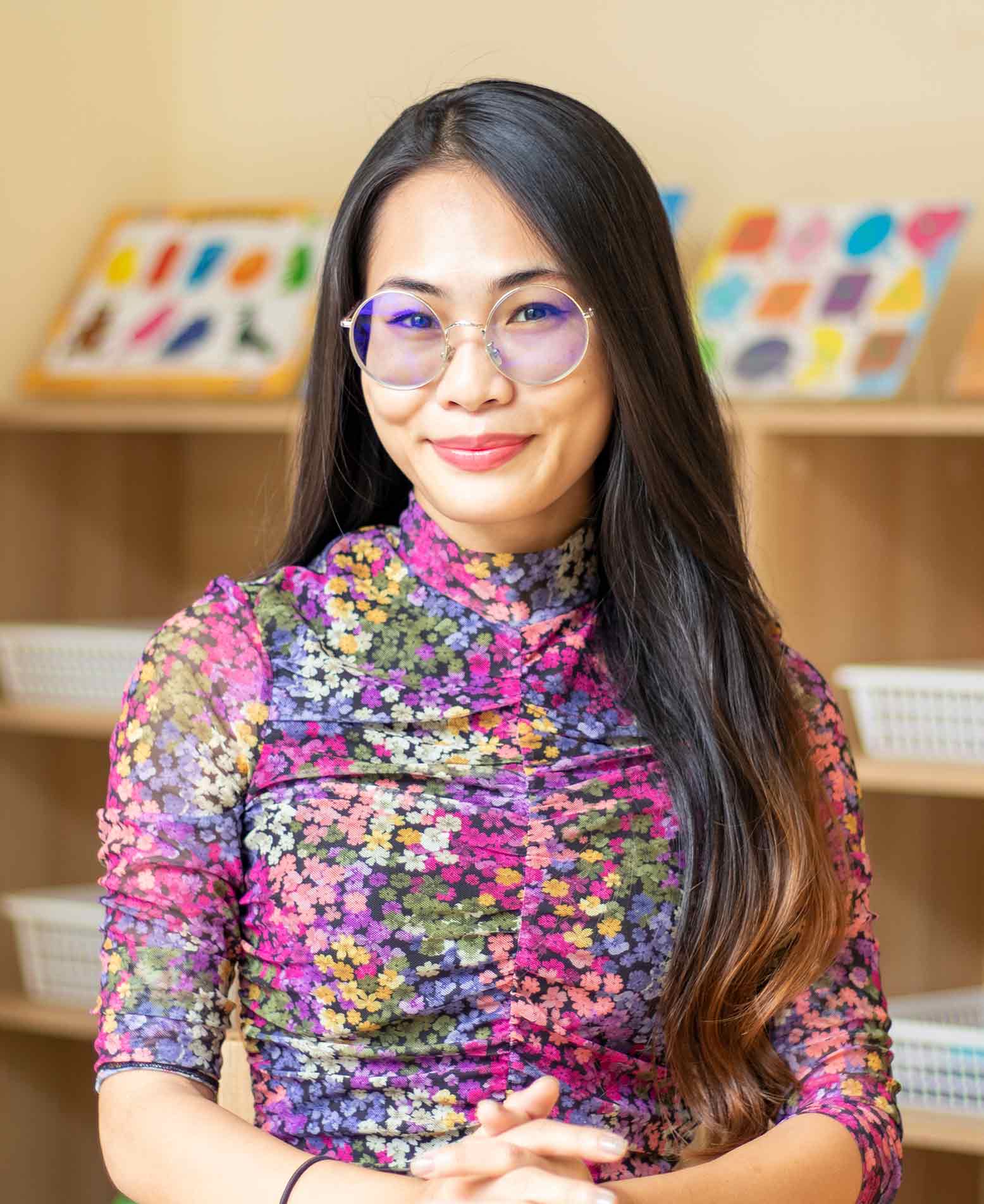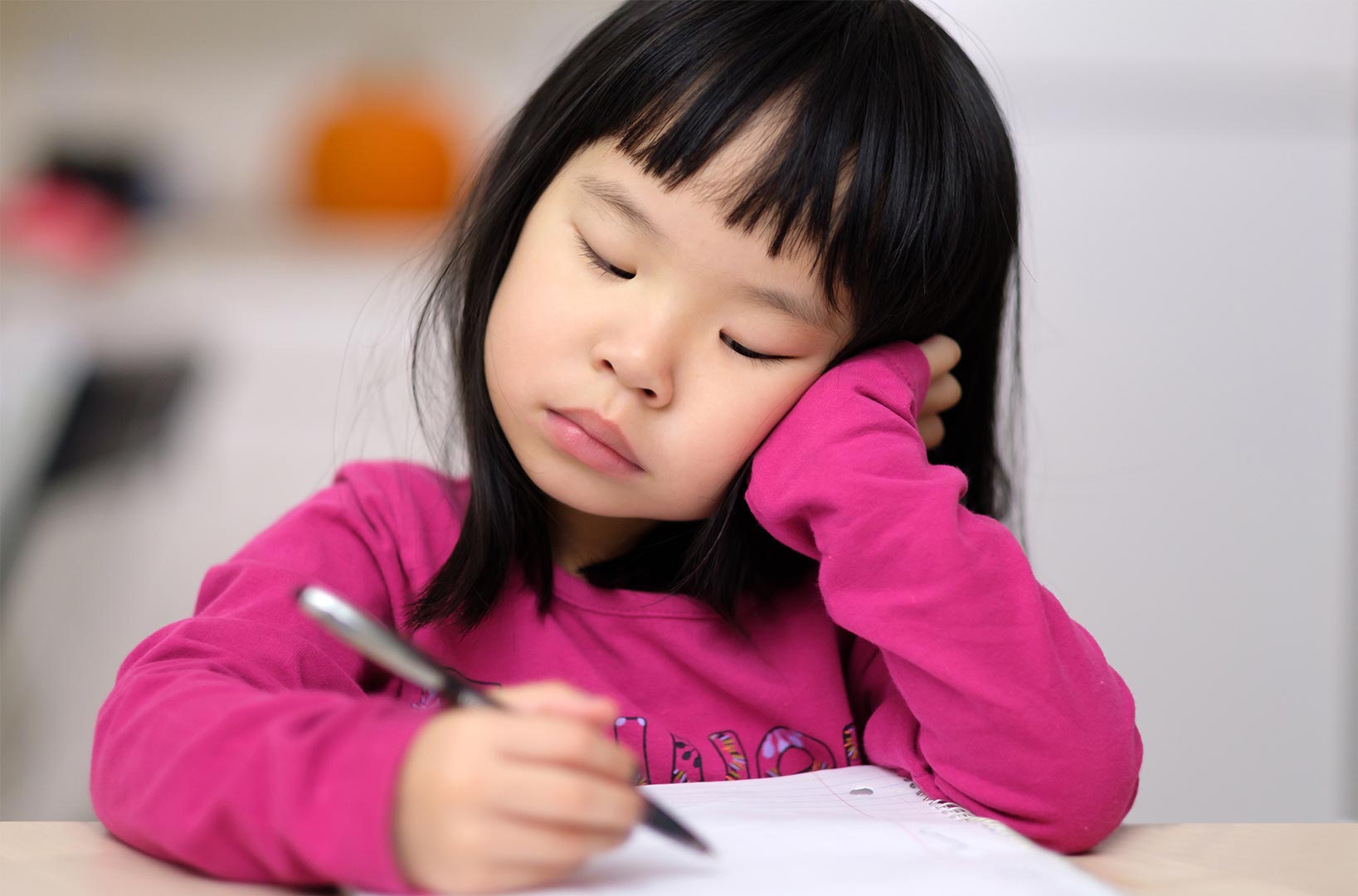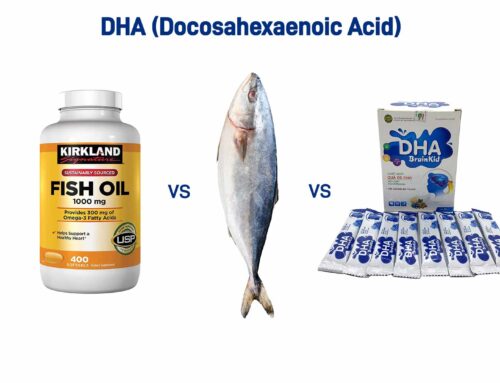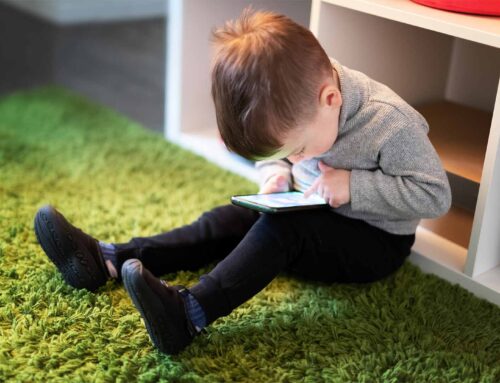Learning disabilities are neurologically-based processing problems that affect one or more of the basic psychological processes involved in understanding or using spoken or written language, doing mathematical calculations, or coordinating movements. These processing problems can interfere with learning basic skills and can also affect higher-level skills such as thinking, reasoning, and problem-solving.
What are the Different Types of Learning Disabilities?
There are many different types of learning disabilities, but some of the most common include:
- Dyslexia: A learning disability that affects reading. People with dyslexia may have difficulty decoding words, reading fluently, or understanding what they have read.
- Dyscalculia: A learning disability that affects math. People with dyscalculia may have difficulty understanding numbers, performing math calculations, or solving math problems.
- Dysgraphia: A learning disability that affects writing. People with dysgraphia may have difficulty forming letters, writing legibly, or spelling words correctly.
- Nonverbal learning disabilities: A learning disability that affects nonverbal skills such as social interaction, spatial reasoning, and visual-motor coordination.
What are the Symptoms of Learning Disabilities?
The symptoms of learning disabilities can vary depending on the type of disability, but some common symptoms include:
- Difficulty reading, writing, or doing math
- Difficulty understanding spoken language
- Difficulty following directions
- Difficulty paying attention
- Difficulty organizing thoughts and ideas
- Difficulty remembering information
- Difficulty with social skills
How Are Learning Disabilities Diagnosed?
Learning disabilities are diagnosed by a team of professionals, including a psychologist, a speech-language pathologist, and an occupational therapist. The team will assess the child’s academic and behavioral skills to determine if they have a learning disability.
What Are the Treatment Options for Learning Disabilities?
There is no cure for learning disabilities, but there are a number of treatments that can help children and adults with learning disabilities succeed in school and in life. Some of the most common treatments include:
- Special education services
- Individualized education plans (IEPs)
- Tutoring
- Medication
- Therapy
How Can I Help My Child with a Learning Disability?
If your child has been diagnosed with a learning disability, there are a number of things you can do to help them succeed. Some of the most important things you can do include:
- Get them the right help. The first step is to get your child the right help. This may include special education services, tutoring, or therapy.
- Be patient. Learning disabilities can be frustrating for children and adults alike. Be patient with your child and let them know that you believe in them.
- Encourage them. Encourage your child to never give up on their dreams. Let them know that they can achieve anything they set their mind to.
- Get involved. Get involved in your child’s education. This will help you stay informed about their progress and make sure they are getting the help they need.
Learning disabilities can be a challenge, but with the right help, children and adults with learning disabilities can succeed in school and in life.
If you are serious about learning, then one-on-one classes at OrbRom Center are the best way to go. Our experienced teachers will help you achieve your academic goals. Contact us TODAY.
Welcome to OrbRom Centre
Choosing learning support for your child is one of the most important decisions you will make, and I welcome you to discover more about why OrbRom is the best option in Phnom Penh.

H. Sophaneth B.Ed, M.Ed





Leave A Comment